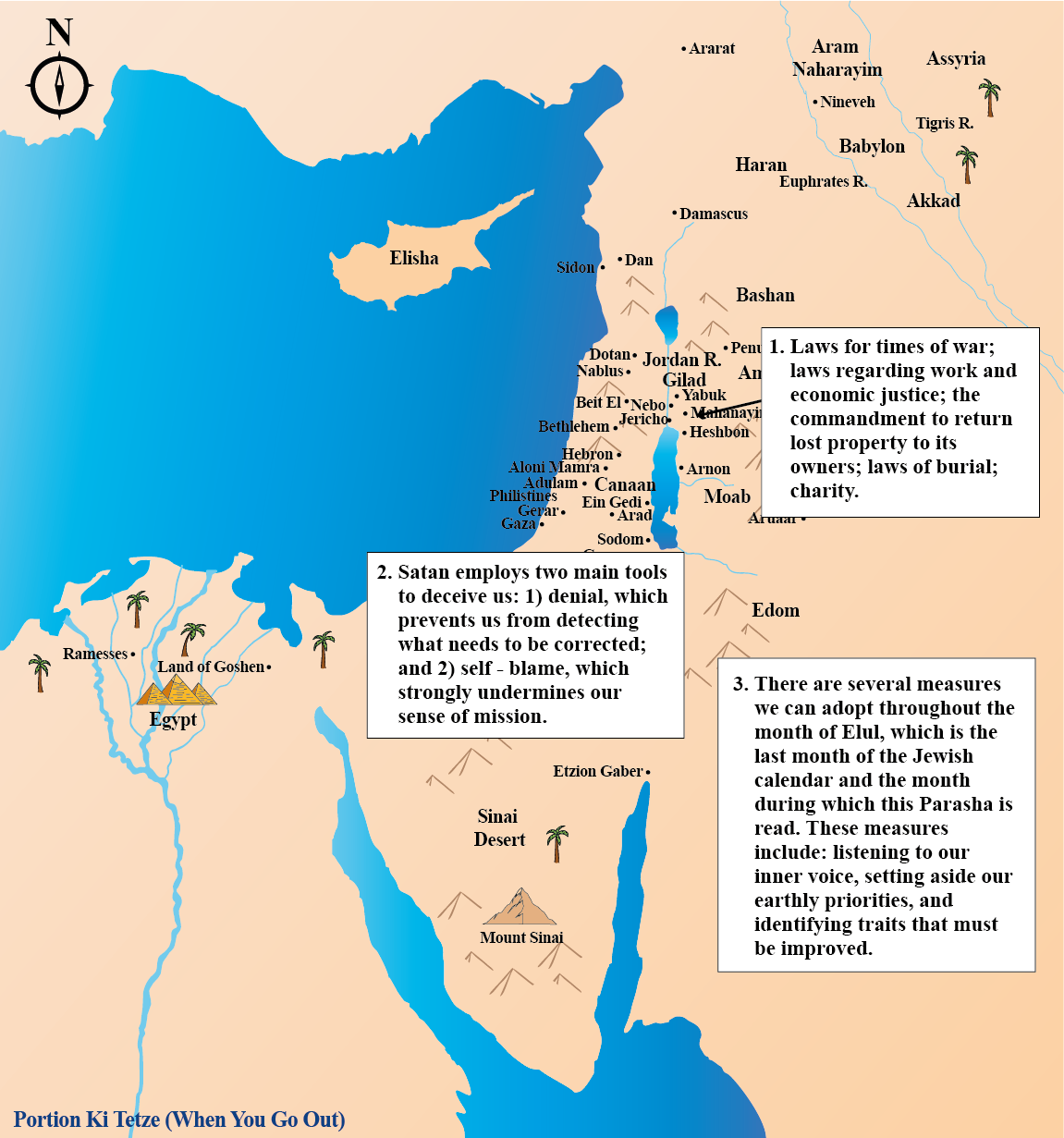
No person should be insulted
“When thou goest forth to war against thine enemies, and the LORD thy God hath delivered them into thine hands, and thou hast taken them captive…And if a man have committed a sin worthy of death, and he be to be put to death, and thou hang him on a tree His body shall not remain all night upon the tree, but thou shalt in any wise bury him that day; (for he that is hanged is accursed of God;) that thy land be not defiled” Deut. 21:22 – 23
- Every person is created in God’s image. Therefore, offending anyone is an act of disrespect toward both the Creator and His creations. “He [Rabbi Akiva] used to say: ‘Beloved is man for he was created in the image [of God]'” (Tractate of Avot 3:14). This principle is the benchmark for humane interactions and values. If we feel indignant when we see people being humiliated, it means that we have internalized Rabbi Akiva’s doctrine. If not, it means that our reaction to injustice is somewhat disingenuous.
- If we truly value human dignity, all grievances should arouse a degree of pain and empathy in us. Nevertheless, if we wrong others, we can repair our souls through divine punishment or compensation. The repentance process is an effective means to change. Its basic stages are: regret, confession, committing to do better, and atonement.
The obligation to protect the camp’s sanctity and refrain from hateful retaliation
“Thou shalt not abhor an Egyptian; because thou wast a stranger in his land…When the host goeth forth against thine enemies, then keep thee from every wicked thing…For the LORD thy God walketh in the midst of thy camp, to deliver thee, and to give up thine enemies before thee; therefore shall thy camp be holy” Deut. 23:14
- God wants people to keep their hearts pure and refrain from hating others – even if they have hurt them. Hate must not be repaid with hate because those who wronged us still have the opportunity to correct their actions. We can only break hateful cycles when we choose to act differently. Even our most spiteful enemy will find it hard to continue hurting us if we insist on treating them with kindness. We must work to eradicate sin, but we must never eradicate the sinner. Instead, we should always allow people to correct their past actions.
Pearls of Divine Wisdom: “When You Go to Battle”
- This Parasha is read close to Rosh Hashanah, the Jewish New Year. It reminds us that we are always at war – and that it is our responsibility to prepare ourselves and identify habits and traits that still require improvement. It’s not enough to believe or want to change. We must act.
- There are several measures that we can adopt throughout the special month of Elul, the last month of the Jewish calendar. We can start listening to our inner voice, set aside our earthly priorities, find the traits that demand improvement, and constantly remember that the true reward lies further down the journey – in the future.
- Satan employs two main tools to deceive us: 1) denial, which prevents us from detecting what needs to be corrected; and 2) self – blame, which strongly undermines our sense of mission. The fate of the battle lies on these two elements.
- To emerge victorious every day, we must access the tools we already have, as well as any new tools that become available to us. This includes: joint study, prayer, confession, etc. Every day is another opportunity to reflect on our behavior, give to charity, and be grateful for the blessings we have been given.
- Spite must not be repaid with spite. We should always give those who wronged us a chance to repent. Only when we stop hating will the vicious cycle be broken.

Self-limitation is learning to channel our energies into specific, carefully selected fields of work.

